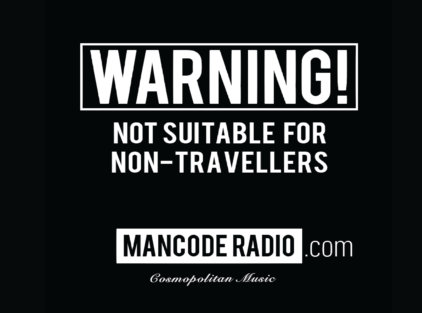by Christos Zabounis
Agathi’s taverna could barely fit the eighty volunteers of the Aegean Team who had come to the dinner hosted by the president of the Irakleia Community. I sat among a group of young doctors—some still in residency—who had bonded during the 31st Crossing. The atmosphere was pleasant, the local goat stew delicious, the lyra player in high spirits. But just before midnight, after a full day that included a morning sail from Amorgos with favorable wind and afternoon clinics, fatigue began to take its toll on my fellow diners. A young woman yawned first, and—as happens, for reasons I still don’t understand—we all began to yawn. Most of us, however, covered our mouths with our hands. In pre-war days, our grandparents would have used their handkerchiefs. Today—alas!—either out of boredom or lack of manners, younger generations have turned yawning into a kind of “sport,” complete with arm stretches and full-body extensions. In private, such behavior often goes unnoticed—although private habits are frequently carried into the public sphere. In a social setting, however, or worse still, a professional meeting, yawning without covering one’s mouth is considered rude. If nature compels us to yawn, we should do so as discreetly as possible, ideally offering a quiet “excuse me,” without explanations like “I’m exhausted” or “it’s been a long day.” In the talks I occasionally give at elementary schools—mostly private ones—I often share an example that seems to stick with students. One afternoon, a child yawned without covering their mouth. A fly flew straight in, and the child panicked, thinking it was a wasp. Fear teaches caution, after all.












